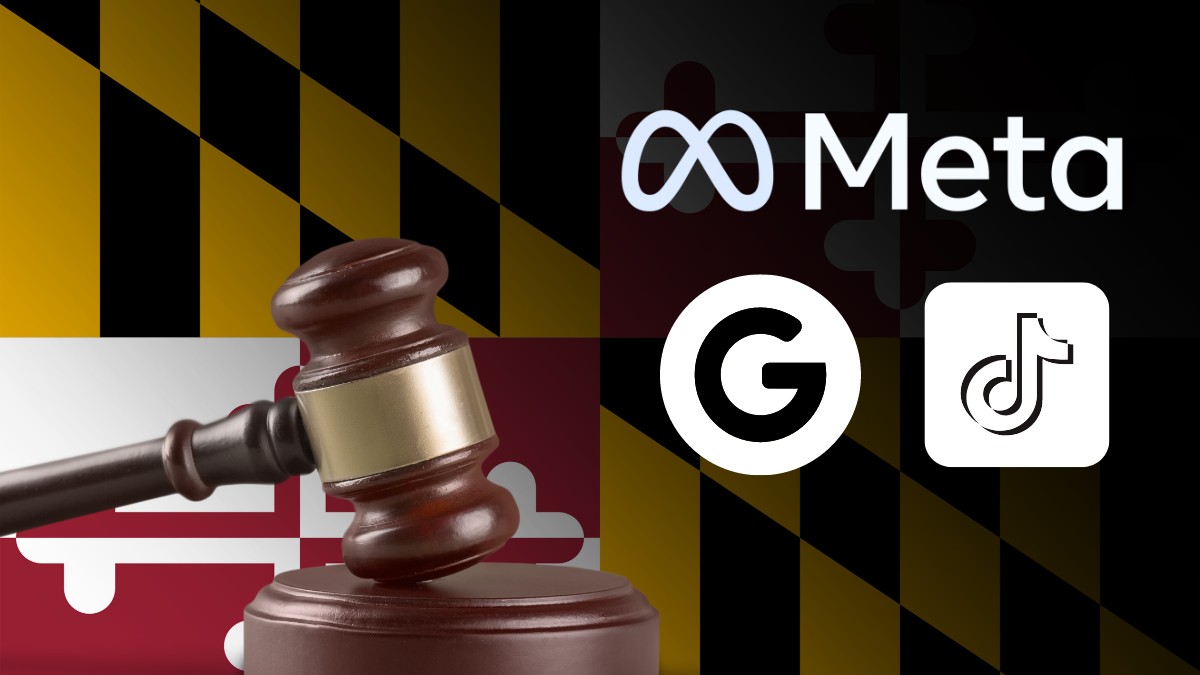In this article, we’ll delve into the recent legal action taken by the Howard County Public School System against major tech companies.
This school district, along with others around the nation, believes these corporations are significantly contributing to a mental health crisis amongst their students.
Key Takeaways:
- The Howard County Public School System in Maryland is suing Meta, Google, Snap, and ByteDance over alleged negative impacts on students’ mental health.
- The school district claims these companies’ social platforms encourage unhealthy behavior, addictive tendencies, and body image issues.
- Other school districts in various states have also taken legal action due to similar concerns.
- Tech companies, including Meta, Google, and Snap, have responded to these allegations, emphasizing their efforts to provide safe and age-appropriate experiences on their platforms.
The Growing Cry for Accountability
A wave of concern is sweeping across the United States, as an increasing number of school districts take a stand against the seeming disregard for their students’ mental health by major tech companies.
At the forefront of this battle is the Howard County Public School System in Maryland.
Joining a chorus of its peers, the district recently launched a lawsuit against Meta, Google, Snap, and TikTok owner ByteDance, arguing these firms are complicit in the mental health crises afflicting their students.
According to the school district, the social networks operated by these companies aren’t just harmless digital playgrounds.
Instead, they describe these platforms as highly addictive and harmful products that have significantly disrupted the way young minds process information, interact with each other, and perceive themselves.
Allegations against Tech Titans
The accusations lodged against these tech conglomerates are grave, focusing on what the Howard County Public School System deems the “dopamine-triggering” elements of these platforms.
The schools argue these elements are specifically designed to breed dependency, effectively trapping users in a cycle of compulsive use.
These alleged culprits include TikTok’s For You page, which employs user data to suggest a seemingly endless flow of content tailored to each user’s preferences.
The lawsuit also singles out the recommendation algorithms of Facebook and Instagram, which allegedly spur users to engage in repetitive and excessive product use.
But the accusations extend beyond fostering dependency.
The platforms are also blamed for nurturing an environment that leads to unhealthy comparisons, body image issues, and a whole host of mental and physical health disorders among young users.
The Human Impact
The implications of these platforms’ alleged actions on the students are significant and worrying.
These allegations contend that these social networks have sparked a range of problems, from anxiety and depression to substance abuse and even self-harm among young people.
The district goes as far as to suggest that the apps’ design encourages negative social comparisons and obsessive use.
The lawsuit further argues that the supposed safety measures, like parental controls in these apps, are defective, resulting in the possibility of child exploitation.
It paints a picture of a generation of children at risk, negatively impacted by a race among tech companies to capture the “valuable but untapped” market of younger users.
Tech Companies’ Response
The accused companies, however, have not stayed silent.
In response to the allegations, Antigone Davis, Meta’s head of safety, emphasized their investment in technology that identifies and eliminates harmful content related to self-harm and eating disorders.
Google echoed these sentiments, with a spokesperson highlighting the company’s commitment to creating age-appropriate experiences on YouTube and providing robust controls for parents.
Snap has similarly claimed that they vet all content before it reaches a broad audience, which supposedly protects against the distribution and discovery of potentially harmful material.
Legal Backdrop: Other Cases and Laws
The Howard County Public School System is not the first to file such a lawsuit. School districts across the nation, from Washington state to Florida, California, and beyond, have taken similar actions.
These schools are raising their voices about the negative influence of social media on young students’ mental health.
Lawmakers are also responding to these growing concerns.
For instance, Utah is set to bar children under 18 from using social media without parental consent from next year, and Arkansas has passed similar legislation.
Additionally, numerous online safety laws are making their way to Congress, notwithstanding the reservations expressed by civil liberties and privacy advocates.
Looking Forward: Potential Outcomes and Impacts
The potential consequences of this legal clash are enormous.
If the lawsuit is successful, it may prompt tech companies to overhaul their approach to young users, with more stringent measures in place to safeguard their mental and physical health.
On a broader scale, a win for the school district could pave the way for more substantial regulatory action against these tech giants, both at the state and national levels.
However, the battle is not without challenges.
The strength of these companies’ legal teams, their entrenched market positions, and the intricacies of proving causation in mental health cases are among the obstacles the school districts face in their pursuit of accountability.
Conclusion
In conclusion, the Howard County Public School System’s lawsuit is emblematic of a wider struggle in society.
It brings into sharp focus the ongoing tension between the rapid growth of technology and the need to protect our young people from potential harm.
As we await the outcome of this and similar lawsuits, it is clear that the decisions reached will have far-reaching implications for the tech industry, schools, students, and the future of online safety legislation.
 Sections of this topic
Sections of this topic
















